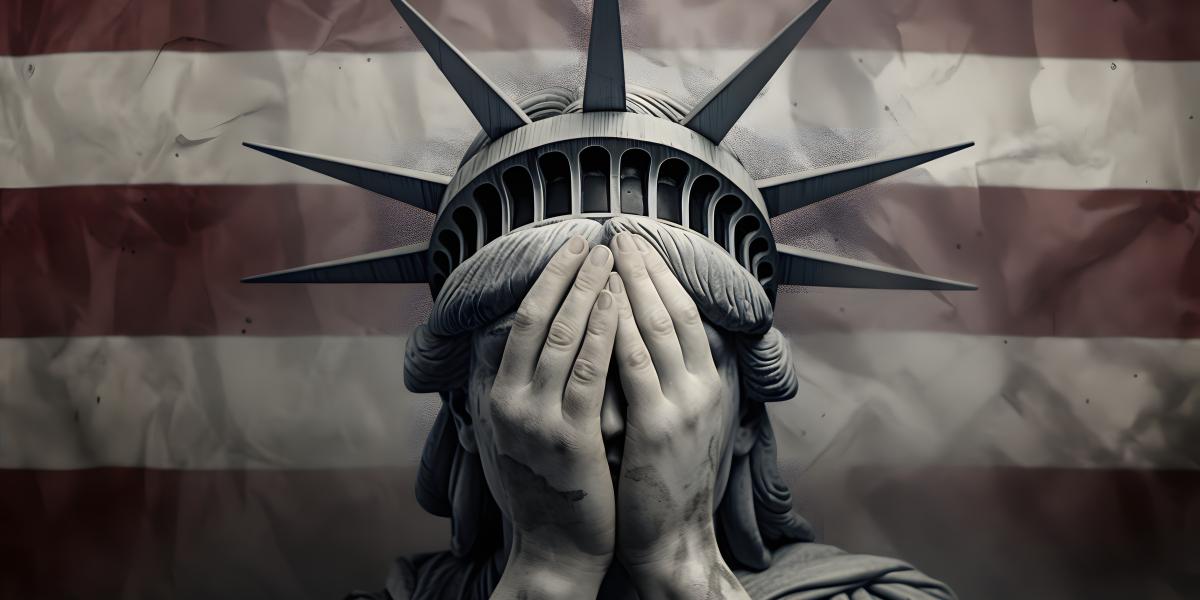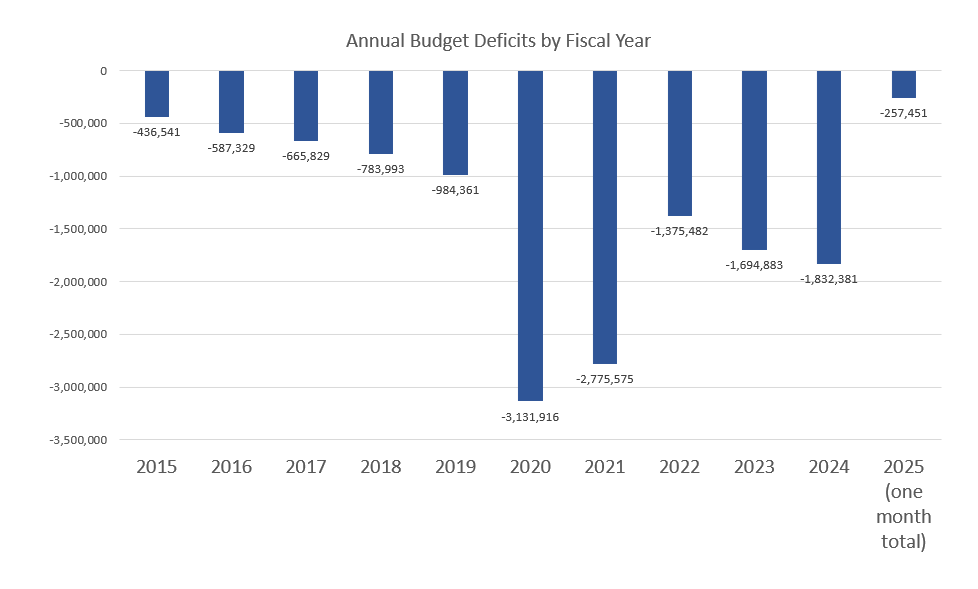
The presumption of liberty is an established liberal tradition according to which any restrictions on individual liberty require justification. Gerald Gaus and Shaun Nichols depict this as a principle of “natural liberty,” a “general presumption in favor of freedom of action.” As they explain, if natural liberty is a general presumption we expect it to be reflected in
…shared normative expectations about what one may or may not do, and what one can demand that others refrain from, or must do, and shared empirical expectations as to whether people will conform to these rules.
During the Covid lockdowns, one of the most pernicious challenges to this presumption came, not directly from state edicts, but through intermediaries—busybodies who took it upon themselves to monitor others. The enthusiasm of the lockdown monitors displaced the presumption of liberty with a presumption that we can only do what the state permits. In the UK some spied on their neighbors to see how often they walked the dog, or how often they went out for a run, tallying it all on a spreadsheet as evidence that their neighbors did not limit their excursions to the number of essential outings permitted by the rules. As observed by The Telegraph:
Such was the zeal with which officers were chasing down reports of illegal barbecues, tea parties and picnics that critics likened pandemic-era Britain to East Germany under the Stasi. The UK became a curtain-twitcher’s paradise, pitting neighbor against neighbor and causing community tensions that have yet to heal.
The presumption of liberty means that it is not the exercise of liberty that requires justification—it is the restrictions that must be justified. Joel Feinberg and Hyman Gross argue that,
Most writers agree that restrictions of individual liberty, whether by direct criminal prohibition or by some other legal instrumentality, always need some special justification. That is to say that other things being equal, it is always preferable that individuals be left free to make their own choices.
They add that while “it is not easy to state the grounds of this presumption in favor of liberty” because many different philosophical grounds may be relied on, nevertheless “most of us are fully convinced that our own personal liberty is a precious thing, and consistency inclines us to suppose that it is equally precious, and equally worth respecting, in others.”
When liberty causes “harm”
Debates about the boundaries of individual liberty usually draw upon John Stuart Mill’s harm principle. Mill argues that “the only purpose for which power can be rightfully exercised over any member of a civilized community, against his will, is to prevent harm to others.” If liberty may only be constrained to prevent harm that implies that merely causing offense to others could never, by itself, be a justification for limiting liberty.
However, in recent years the concept of “harm” has expanded beyond recognition. Harm now includes psychic harm, covering matters such as being reminded of racism. For example, in ruling that displays of the old South African flag should be banned, the Supreme Court of Appeal of South Africa said that, “The main issue is whether the gratuitous display of that symbol—the former South African flag (the old flag)—is harmful, incites harm, and promotes and propagates hatred within the meaning of [the Equality Act].” The term “harm” here referred to “painful memories” triggered by seeing the flag. The flag was ruled to be “an awful reminder of the anguish suffered by millions” under apartheid.
This interpretation of “harm” means that painful memories suffice to restrict the liberty of others, and anything that reminds people of an unhappy history could on that ground be banned as “harmful.” We have seen this in the designation of the Confederate flag as a “hate symbol” in some states such as New York. The word “harm” now often means nothing more than people’s hurt feelings and vague notions of distress. Such an amorphous and ever-expanding concept of harm cannot serve in defense of liberty.
The very notion of “balancing” liberty against harm, or indeed against any other values, is an inherent weakness in the defense of liberty. Feinberg and Gross reveal this weakness when they characterize liberty as only one among other important values. They argue that, “Liberty may be precious but it is by no means the only thing of value. Contentment and happiness, while difficult in the absence of freedom, are not impossible.” They add that “liberty and justice are distinct social values,” the implication being that circumstances may pertain where it is necessary to balance liberty against the needs of justice.
When liberty is understood as a value that may conflict with and give way to other values, the question being how to balance the different values, the erosion of liberty by the hegemony of “social justice” and “racial justice” then becomes inevitable. This is illustrated by human rights litigation, where courts seek to balance one right, such as freedom of religion, against other values such as the non-discrimination principle. For example, the Colorado Supreme Court held that a law compelling a Christian baker to bake a cake celebrating transgender rights, which he felt was against his religious beliefs, was justified:
…the state law that makes it illegal to refuse to provide services to people based on protected characteristics like race, religion or sexual orientation does not violate business owners’ right to practice or express their religion.
Absolute freedom
Murray Rothbard adopts a different approach. He conceptualizes liberty as an emanation of self-ownership and property rights. Property rights are absolute rights, so it follows that liberty predicated on property rights is also an absolute right. Rothbard explains:
The regime of pure liberty—the libertarian society—may be described as a society where no ownership titles are “distributed,” where, in short, no man’s property in his person or in tangibles is molested, violated, or interfered with by anyone else. But this means that absolute freedom, in the social sense, can be enjoyed, not only by an isolated Crusoe but by every man in any society, no matter how complex or advanced. For every man enjoys absolute freedom—pure liberty—if, like Crusoe, his “naturally” owned property (in his person and in tangibles) is free from invasion or molestation by other men. And, of course, being in a society of voluntary exchanges, each man can enjoy absolute liberty not in Crusoe-like isolation, but in a milieu of civilization, harmony, sociability, and enormously greater productivity through exchanges of property with his fellow men. Absolute freedom, then, need not be lost as the price we must pay for the advent of civilization; men are born free, and need never be in chains. Man may achieve liberty and abundance, freedom and civilization.
The only limits on anyone’s property rights are the property rights of others. Applying this to the South African flag case, it is clear that the court asked itself the wrong question: it asked whether banning the flag limited the free speech of the flag bearer (answering no, because the flag bearer could protest without this flag). Instead, it should have asked the opposite question: whether displaying the flag interfered in any way with the rights of the offended observer who preferred not to see the flag. The answer to that is clearly no. The offended observer did not have to look. This is precisely the answer given to those who complain about modern right-on trendy statues and woke art installations:
Of course, as always with new art, there are some who don’t like it, just as there were those who disliked our statue of Chaucer in the High Street and Beethoven’s symphonies when they were first heard … If you don’t like it, don’t look.
There is no right to be safeguarded from seeing things we prefer not to see, not even if the sight of such things brings back painful memories. Our memories are our own, and cannot be relied upon to limit the liberty of others.
Originally Posted at https://mises.org/
Stay Updated with news.freeptomaineradio.com’s Daily Newsletter
Stay informed! Subscribe to our daily newsletter to receive updates on our latest blog posts directly in your inbox. Don’t let important information get buried by big tech.
Current subscribers:




